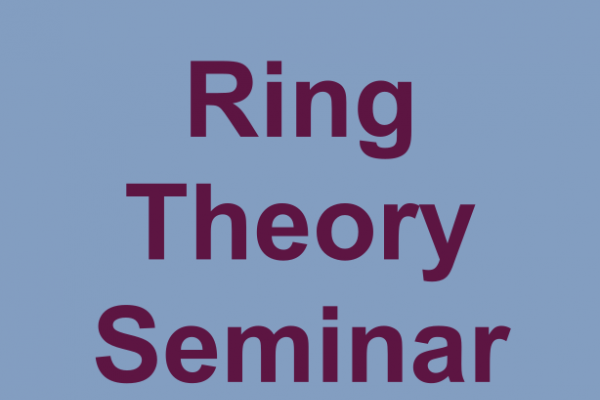
Title: A walk through integrally closed domains and their applications in Number Theory
Speaker: S. K. Khanduja (Indian Institute of Science Education and Research, Mohali, India)
Abstract: Let $R$ be an integrally closed domain and $\theta$ be an element of an integral domain containing $R$ with $\theta$ integral over $R$ and $F(x)$ be the minimal polynomial of $\theta$ over the quotient field of $R$. It is an important problem to determine some necessary and sufficient criterion to be satisfied by $F(x)$ so that $R[\theta]$ is an integrally closed domain. This problem was initiated by Dedekind in 1878. In this lecture, we discuss such a criterion when $R$ is a valuation ring. We shall also give some applications of this criterion for algebraic number fields and derive necessary and sufficient conditions involving only the primes dividing $a,b,m,n$ for $\mathbb{Z}[\theta]$ to be integrally closed when $\theta $ is a root of an irreducible trinomial $x^n +ax^m +b$ with coefficients from the ring $\mathbb{Z}$ of integers.
Our results led us to prove in 2017-18 the converse of a well known theorem of Algebraic Number theory which says that if $K_1,K_2$ are algebraic number fields with coprime discriminants, then $K_1, K_2$ are linearly disjoint over the field of rational numbers and $A_{K_1} A_{K_2}$ is integrally closed, $A_{K_i}$ being the ring of algebraic integers of $K_i$. The converse will be discussed in a more general set up of arbitrary valuation rings.
